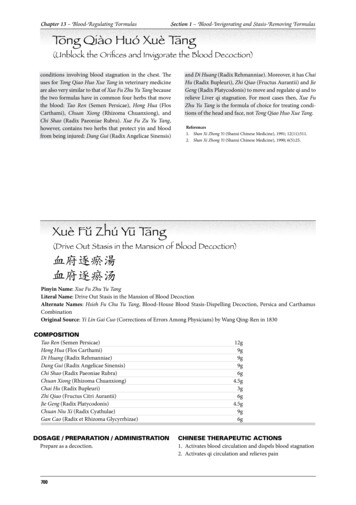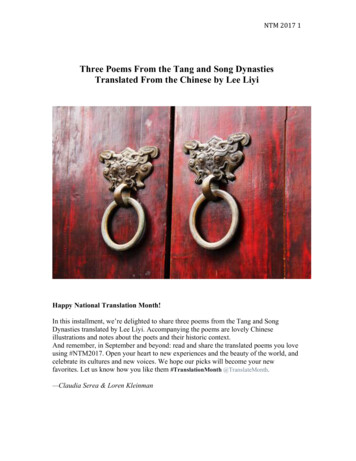
Transcription
NTM 2017 1Three Poems From the Tang and Song DynastiesTranslated From the Chinese by Lee LiyiHappy National Translation Month!In this installment, we’re delighted to share three poems from the Tang and SongDynasties translated by Lee Liyi. Accompanying the poems are lovely Chineseillustrations and notes about the poets and their historic context.And remember, in September and beyond: read and share the translated poems you loveusing #NTM2017. Open your heart to new experiences and the beauty of the world, andcelebrate its cultures and new voices. We hope our picks will become your newfavorites. Let us know how you like them #TranslationMonth @TranslateMonth.—Claudia Serea & Loren Kleinman
NTM 2017 21. A poem from the Tang Dynasty by AnonymousThe Gold Embroidered DressCherish not the gold embroidered dress;Treasure ye your youth.Cut the branch while the flowers bloom,Least the empty branch regret unloose.About the poetNo one really knows who the author of this poem is. This poem was first mentioned byDu Mu, a Tang Dynasty poet, where he wrote that Du Qiu Niang sang this poem at abanquet. Du Qiu Niang's name later appeared as the author of this poem in a compilationof Tang poems, and subsequently, many similar compilations followed suit andaccredited Du Qiu Niang as the poet. Only recently was this rectified, and it is stillcommon to see Du Qiu Niang as the poet, and not Anonymous.
NTM 2017 32. A poem from the Song Dynasty by poet Su ShiWriting for Xilin Temple's WallRidges in front and peaks to the side,Mountains in different shapes far and wide.Of Lushan's true facade one can never know,If one stays within the mountains so.About the poetSu Shi (January 8, 1037 – August 24,1101), also known as Su Tungpo, was aChinese writer, poet, painter, calligrapher,pharmacologist, gastronome, and astatesman of the Song dynasty. Su Shi wasfamed as an essayist, and his prose writingslucidly contribute to the understanding oftopics such as 11th-century Chinese travelliterature or detailed information on thecontemporary Chinese iron industry. Hepassed away at the age of 64 in Changzhouin 1101.
NTM 2017 43. A poem from the Tang Dynasty by poet Yuan ZhenThe Temporary Imperial PalaceDesolate is the palace old,Where red flowers bloom in loneliness untold.While white-haired palace maids,Reminisce the emperor of old.About the poetYuan Zhen (779 – September 2, 831), was a politicianof the middle Tang Dynasty, but is more known as animportant Chinese writer and poet. In prose literature,Yuan Zhen is particularly known for his work Yingying'sBiography (鶯鶯傳), which has often been adapted forother treatments, including operatic and musical ones. Inpoetry, he is remembered for the inclusion of some of hispoems by popular anthologies, his verses on exotictopics, and for being part of the group of "New Yuefu"poets, which often used poetry as a form of expressionand protest, but one potentially subtle enough to avoid thelikely repercussions of more direct criticism. He passedaway due to a sudden illness in 831 and left a collectionof 100 volumes of poems, draft edicts, commemorativetexts, and essays.
NTM 2017 5Translator’s NoteA poem that expresses the poet's feelings on the rise and decline of the world, the poetbrilliantly used four short and simple lines to create an image complete with a place,time, characters, and action to illustrate the contrast of the past and the present, and thepassing of time. The challenge here was to try to translate the somber mood in similarshort lines, especially for the second line - but I am glad I managed to retain the rhymescheme of the original poem.—Lee Liyi, translatorAbout the translatorLee Liyi is a born and bred Singaporean who wishes she lived in a library. When she'snot daydreaming, she dabbles in designing POD (print-on-demand) products online andhelps to translate subtitles for Hokkien Opera performances. In her free time, she lovesto snuggle on the sofa to read, tortures her family by playing the violin, and finds fun intranslating Chinese poems.
In this installment, we're delighted to share three poems from the Tang and Song Dynasties translated by Lee Liyi. Accompanying the poems are lovely Chinese illustrations and notes about the poets and their historic context. And remember, in September and beyond: read and share the translated poems you love using #NTM2017.

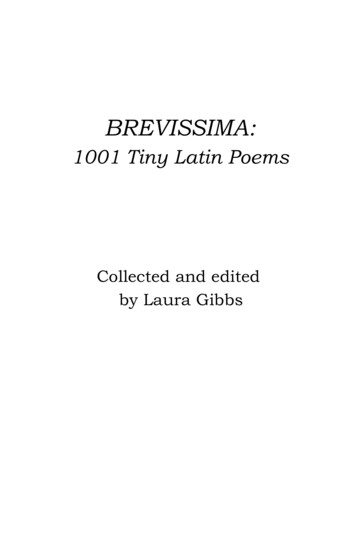


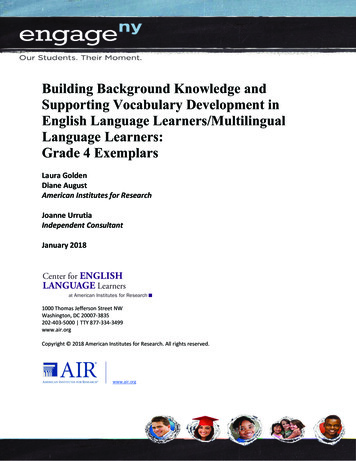

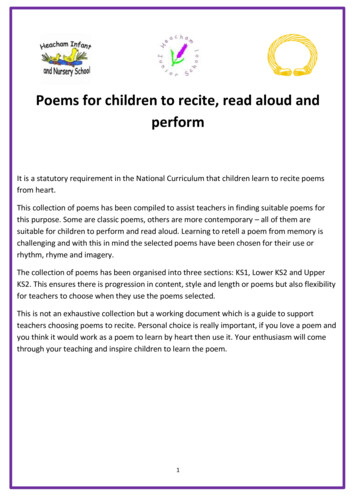
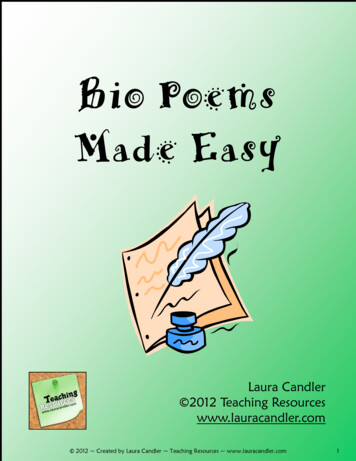
![INDEX [gwall.vn]](/img/4/catalog-thiet-bi-kiem-soat-dinh-duogn-thuyc-anh.jpg)

